History
-
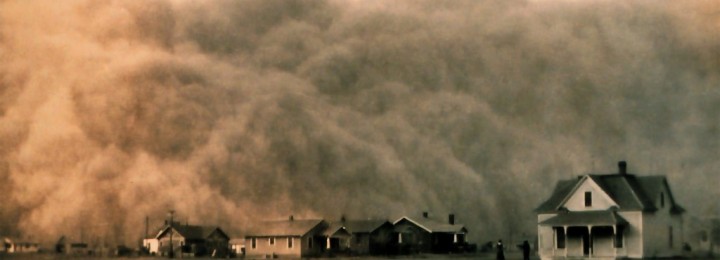
Those of you who like to read about climate and history will be interested in this story published by AgWeb back in December. It talks about the severe loss of topsoil in North Dakota during the Dust Bowl and how shipping buffalo bones east further reduced soil fertility in the area because of the loss…
-
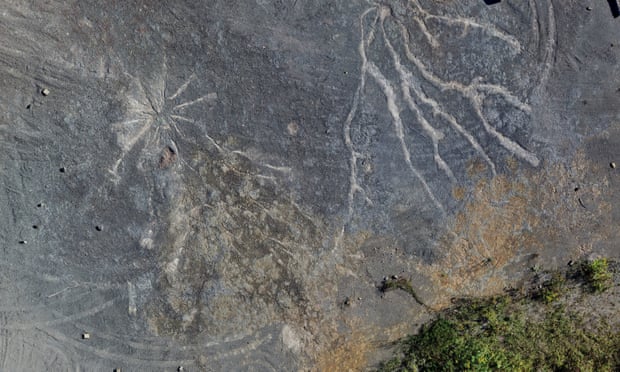
As a scientist I am fascinated by stories about how our current earth developed over time. Here is a great story I saw today on Facebook from The Guardian describing a new fossil find of a forest that is dated as about 386 million years old. This was before modern animals and plants and the…
-
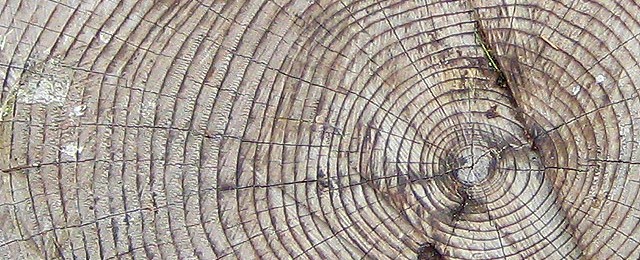
Those of you who like history may be interested in this recent article describing the cause of one of Europe’s worst famines from 1315 to 1317. Unlike many famines, this one was probably not caused by drought but by unrelenting rain that caused severe flooding. You can read more about it and how they learned…
-
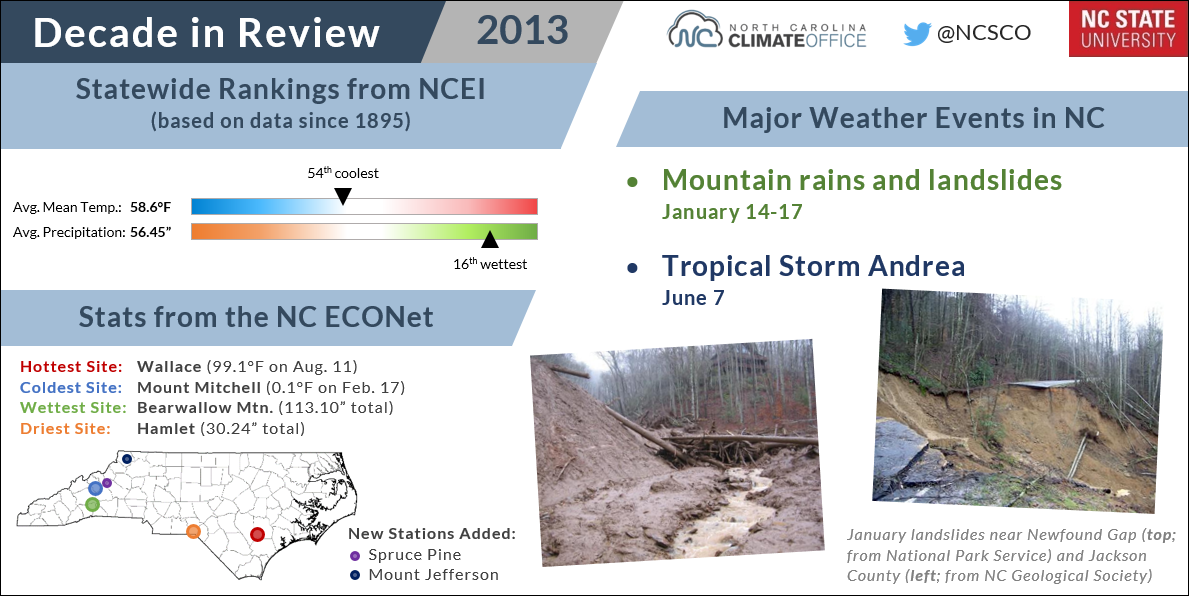
The latest installment of the North Carolina Climate Office’s review of the last decade of weather and climate is now available at https://climate.ncsu.edu/climateblog?id=307#2013.
-

CIRES (Cooperative Institute for Research in Environmental Studies) at the University of Colorado-Boulder posted an interesting story earlier this week about how changes in climate, specifically a megadrought, may have contributed to the collapse of the Assyrian Empire in the 7th century BC. Assyria was one of the most powerful empires on earth and was…
-

The BBC produced a short timeline which describes some of the important events in expanding our knowledge of how humans are changing climate, going back to 1712 and the invention of the first steam engine that used coal and 1824, the first scientific mention of the earth’s natural greenhouse effect. If you think that scientists’…
-
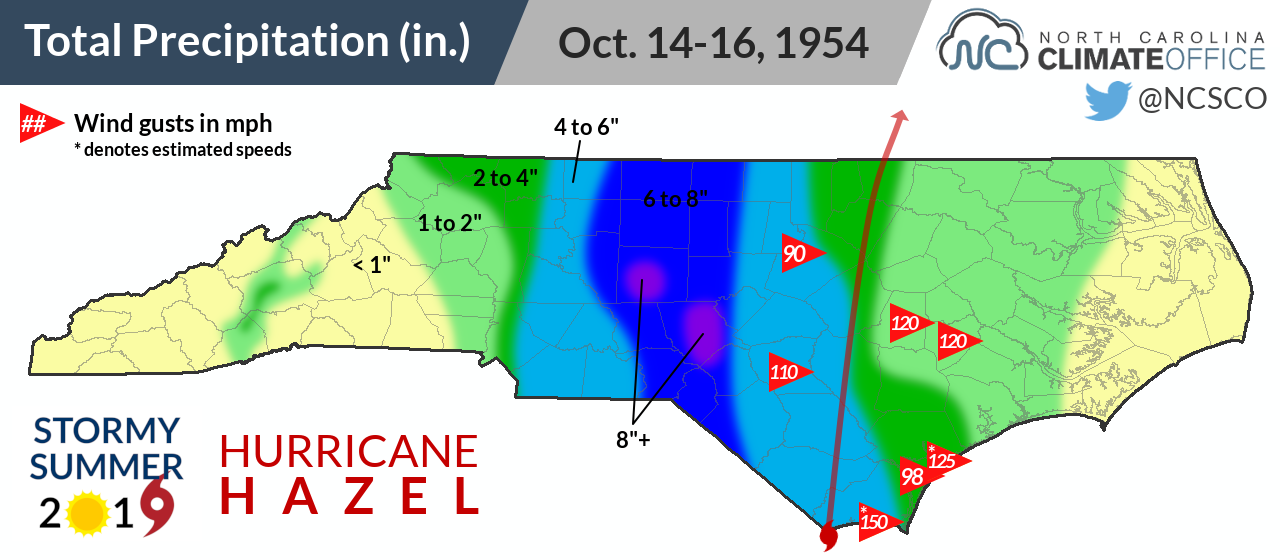
In their latest blog post on historical hurricanes to hit North Carolina, the Corey Davis of the NC Climate Office looks at Hurricane Hazel, which hit 65 years ago today at the only category-4 hurricane to ever hit the state. You can read more about it at https://climate.ncsu.edu/climateblog?id=301&h=5666e5c1.